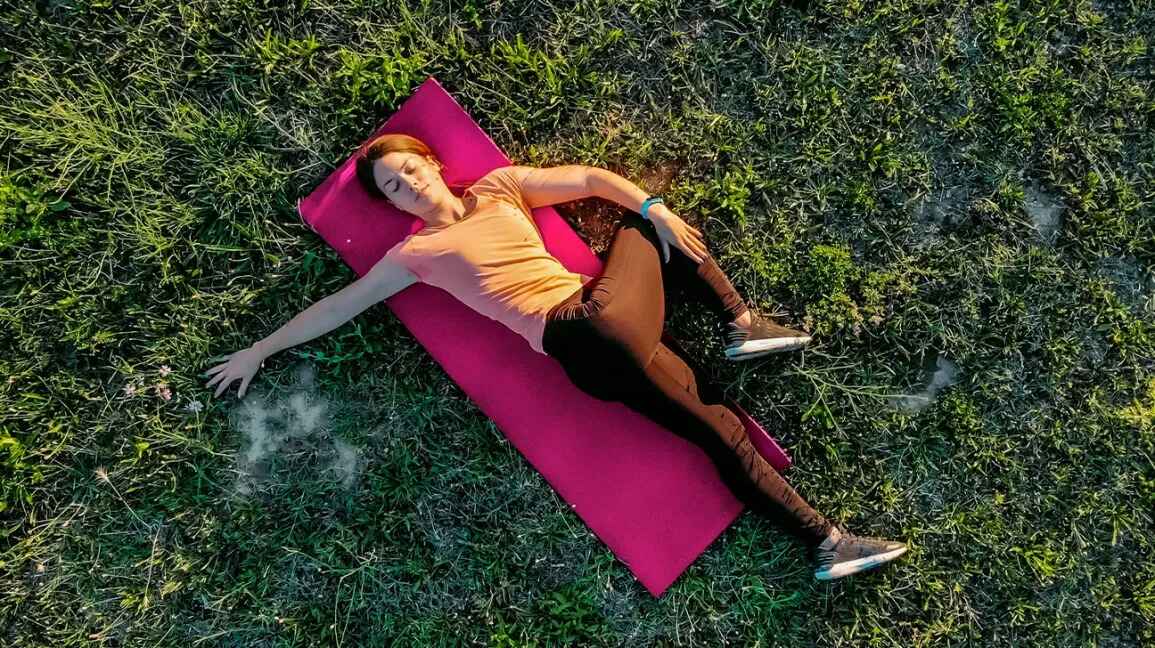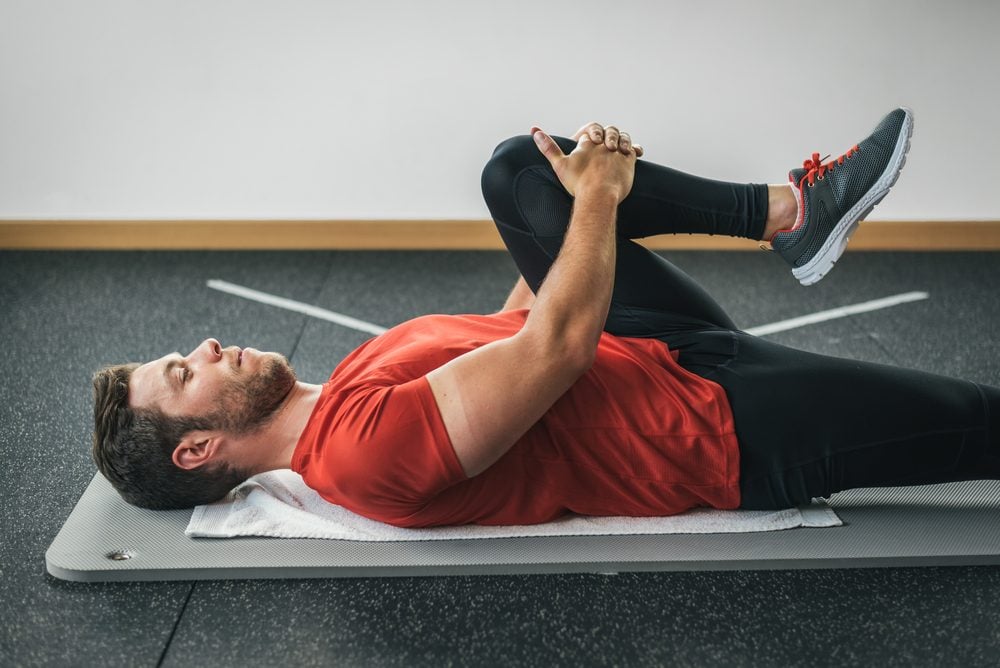Lower back pain is a prevalent health issue affecting millions of people worldwide. While various factors can contribute to this discomfort, lifestyle habits play a significant role in its development and intensity. Adopting healthy habits and making mindful choices can go a long way in alleviating lower back pain and promoting a pain-free life. In this blog, we will explore common lifestyle habits that contribute to lower back pain and provide practical tips to address them effectively.
Don’t let lower back pain hold you back from enjoying life to the fullest. Reach out to Specialty Care Clinics at (469) 545-9983 and experience the difference that specialized care can make in your life.
Sedentary Lifestyle
A sedentary lifestyle, characterized by prolonged sitting or inactivity, can weaken the muscles that support the spine and lead to stiffness and pain in the lower back. People with desk jobs or those spending extended hours in front of screens are particularly vulnerable to this issue.
Solution: Incorporate regular physical activity into your daily routine. Engaging in low-impact exercises such as walking, swimming, or yoga can help strengthen core muscles, improve flexibility, and reduce lower back pain.

Poor Posture
Slouching or adopting improper posture while sitting, standing, or lifting can strain the lower back, leading to muscle imbalances and discomfort. Poor posture puts additional pressure on the spinal discs and can contribute to chronic pain.
Solution: Mindful posture correction is crucial. Ensure your back is straight when sitting, and use ergonomic chairs and supportive cushions to maintain proper alignment. When standing, distribute weight evenly on both feet and avoid tilting your hips forward or backwards.
Lack of Exercise
A lack of regular exercise can weaken the core muscles and contribute to lower back pain. Weak core muscles cannot adequately support the spine, leading to increased stress on the lower back.
Solution: Engage in exercises that specifically target the core muscles, such as planks, bridges, and abdominal crunches. Strengthening the core can improve posture and reduce lower back pain.
Overweight or Obesity
Carrying excess weight places additional strain on the lower back, leading to increased pressure on the spinal discs and joints. Obesity is a significant risk factor for developing chronic lower back pain.
Solution: Adopt a balanced diet and engage in regular physical activity to maintain a healthy weight. Losing weight can significantly reduce the burden on the lower back and alleviate pain.
High-Impact Activities
Participating in high-impact sports or activities without proper conditioning and technique can lead to lower back injuries and pain.
Solution: Before engaging in high-impact activities, warm up adequately and ensure you are using the correct form. Gradually increase the intensity and duration of such activities to allow your body to adapt.

Stress and Mental Health
Stress and anxiety can manifest physically, causing muscle tension and contributing to lower back pain. Prolonged stress can lead to chronic pain and discomfort.
Solution: Practice stress-reducing techniques such as meditation, deep breathing exercises, or yoga to alleviate tension and promote relaxation.
Improper Lifting Techniques
Lifting heavy objects incorrectly, especially with a rounded back, can strain the lower back muscles and lead to injuries.
Solution: When lifting, bend your knees and hips, not your back. Keep the object close to your body and engage your core muscles. Avoid twisting while lifting.
Conclusion
Addressing lifestyle habits that contribute to lower back pain is essential for improving overall spine health and well-being. By adopting a more active lifestyle, maintaining proper posture, engaging in regular exercise, managing weight, and reducing stress, you can reduce the risk of lower back pain and enjoy a pain-free life.
Remember, small changes in lifestyle habits can make a significant difference in preventing and managing lower back pain. Be mindful of your daily choices and prioritize your spinal health to lead a healthy and active life.
